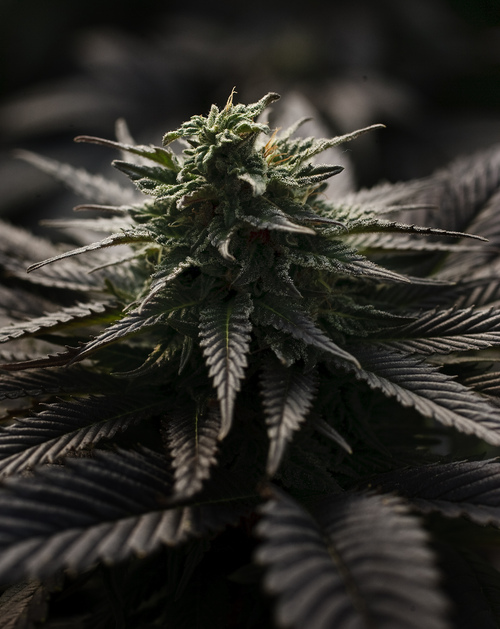This is an archived article that was published on sltrib.com in 2014, and information in the article may be outdated. It is provided only for personal research purposes and may not be reprinted.
Utah's House gallery, filled with parents of children with epilepsy, erupted into applause Monday following passage of a bill that would allow their trial use of non-intoxicating, seizure-stopping cannabis oils.
The breach of decorum drew a reprimand from House Speaker Becky Lockhart, who, nevertheless, landed on the "yes" side of the 62-11 vote to approve HB105.
Families spilled from the chambers exchanging tearful, congratulatory hugs and flowers. The measure now heads to the Senate where it's expected to be warmly received.
"This treatment could mean a better quality of life for my son," said April Sintz, the South Jordan mother of a seven-year-old boy with an untreatable form of epilepsy known as Dravet syndrome. "We hope it helps him function and participate in school, to be able to do things that a little boy should be doing, instead of just being at home seizing."
HB105 would allow authorized Utahns with "intractable epilepsy" to purchase certain cannabis extracts — high in cannabidiol (CBD) but low in tetrahydrocannabinol (THC), the psychoactive chemical component of marijuana that creates a high in users — without fear of prosecution.
HB105 is not a step toward legalizing marijuana, for medical purposes or otherwise, said sponsoring Rep. Gage Froerer, R-Huntsville, framing the bill instead as a matter of states' rights and parental rights.
"Should [the federal] government interfere with what parents think is in the best interests of their child?" asked Froerer rhetorically.
Priming the bill for passage was the Utah Medical Association's endorsement. The doctor lobby previously opposed it, but the latest version adopted Monday limits access to patients with "intractable epilepsy" and only with a neurologist's recommendation.
Patients would have to apply to the Utah Department of Health for a "hemp extract registration card" and be observed and evaluated by their doctor who would report on patients' progress to the health department.
Imported cannabis extracts would have to be labeled with an analysis of their contents as certified by the health department and could contain no more than 0.3 percent THC by weight and be comprised of at least 15 percent CBD.
Lawmakers, including Rep. Edward Redd, R-Logan, a physician, expressed reservations about circumventing Food and Drug Administration safety controls. But Redd voted for the bill after amending it to expire two years after is July 2, 2014, effective date, "to give the Legislature to a chance to review its effects."
Twitter: @kirstendstewart



